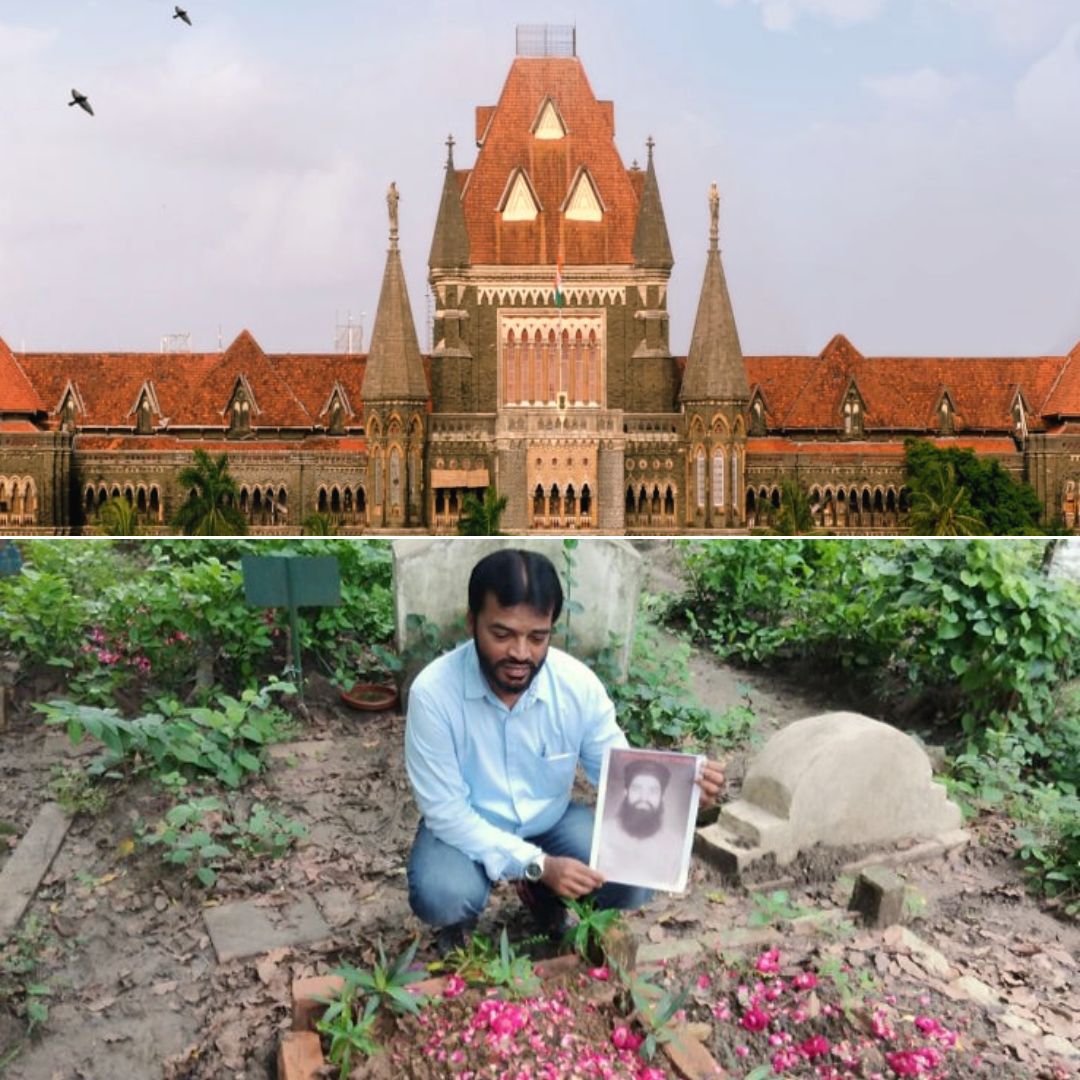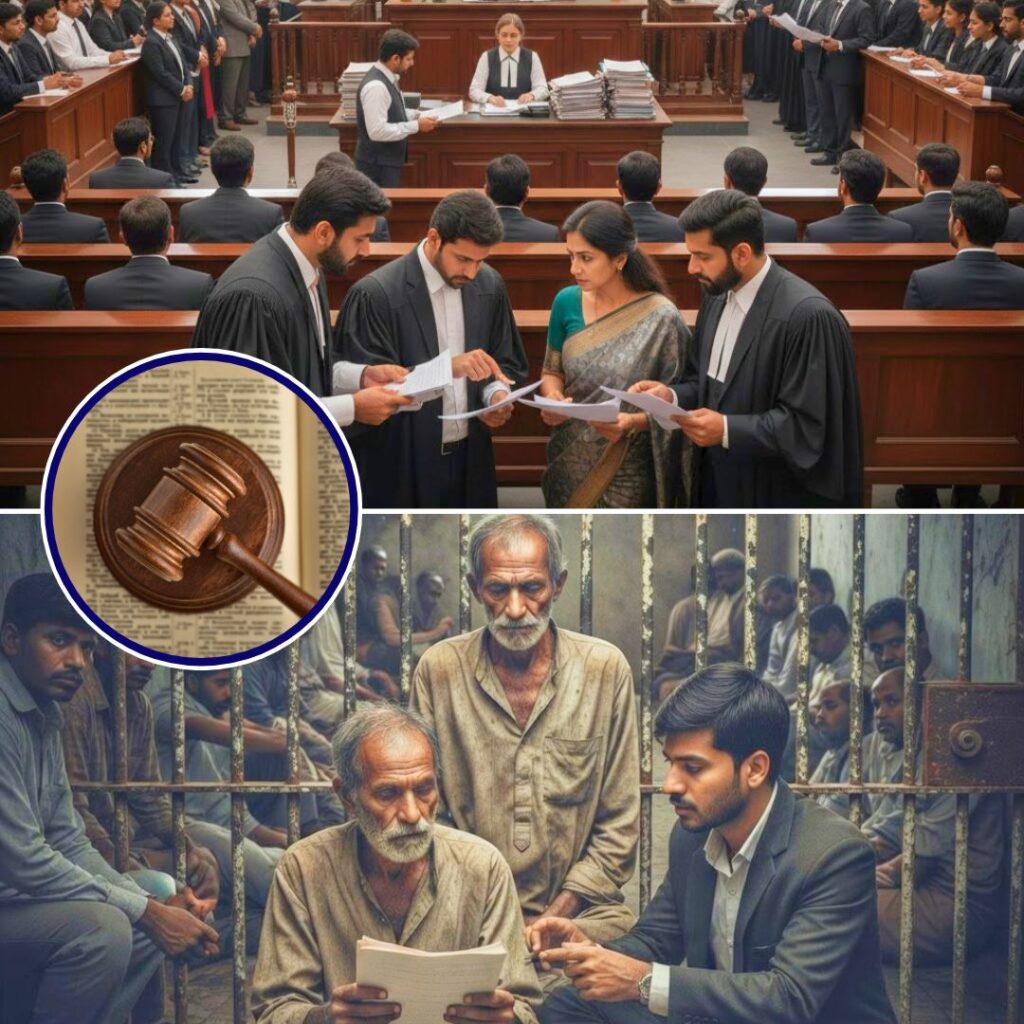At Jaripatka Qabrastan in Nagpur, family members, community leaders, and activists gathered to solemnly remember Kamal Ahmed Vakil Ahmed Ansari. Ansari was one of 12 Muslim men wrongfully convicted in the 2006 Mumbai train blasts case and died in custody in 2021, four years before the Bombay High Court acquitted him and the others.
The family read aloud the court’s landmark judgment delivered on July 21, 2025, which exonerated all accused, acknowledging that the case had been marred by unreliable evidence and flawed confessions.
Kamal Ahmed’s younger brother, Jamal Ahmed Ansari, along with Dr Abdul Wahid Shaikh, General Secretary of Innocence Network, and Qari Maulana Mohammad Sabir, President of Jamiat-e-Ulama Nagpur, led the tribute, describing the acquittal as justice long delayed and a bittersweet moment for Kamal’s family and community.
The Human Cost Behind the Sentence
Kamal Ahmed Ansari’s story highlights the grave human consequences of wrongful convictions. A poor daily-wage worker from Madhubani, Bihar, Ansari ran a small chicken shop and sold vegetables to provide for his wife and five children. Arrested by the Maharashtra Anti-Terrorism Squad after the 2006 blasts, he was branded a terrorist, sentenced to death in 2015 by a special MCOCA court, and spent 16 years imprisoned.
He died in Nagpur Central Jail during the COVID-19 pandemic, never to see his name cleared. Dr Abdul Wahid Shaikh emphasised the irreparable loss: “His life was stolen. His children grew up without a father, his wife carried the unbearable stigma, and his family lived with humiliation.” Despite the court’s later recognition of his innocence, the years lost and pain inflicted remain permanent scars.
Bombay High Court Overturns Convictions
On July 21, 2025, the Bombay High Court overturned all convictions related to the 2006 Mumbai train blasts, which had resulted in the deaths of 189 people and injured over 800. The court found that the prosecution’s case was based on coerced confessions, unreliable eyewitness testimonies, and evidence plagued by procedural flaws and biases.
Five of the convicts, including Ansari, were originally sentenced to death. The ruling, spanning over 667 pages, criticised the poor quality of investigation under pressure and concluded that the charges were not proven beyond reasonable doubt.
Following the acquittal, the accused were released, although the Maharashtra government has since appealed to the Supreme Court, which stayed the precedent-setting judgment pending further review, while allowing the released men to remain free.
The Logical Indian’s Perspective
The Kamal Ahmed Ansari case is a stark reminder of the profound consequences of judicial errors and flawed investigations. While the Bombay High Court’s acquittal brings formal legal vindication, it cannot restore lost years or alleviate the trauma experienced by Ansari’s family and others like him.
The Logical Indian advocates for justice that is not only fair but also fast, transparent, and accountable. This case calls for urgent reforms in investigative procedures, evidence handling, and safeguarding human rights, especially in sensitive terror cases. Only through systemic change and empathy can society prevent innocent lives being destroyed in the name of security.













